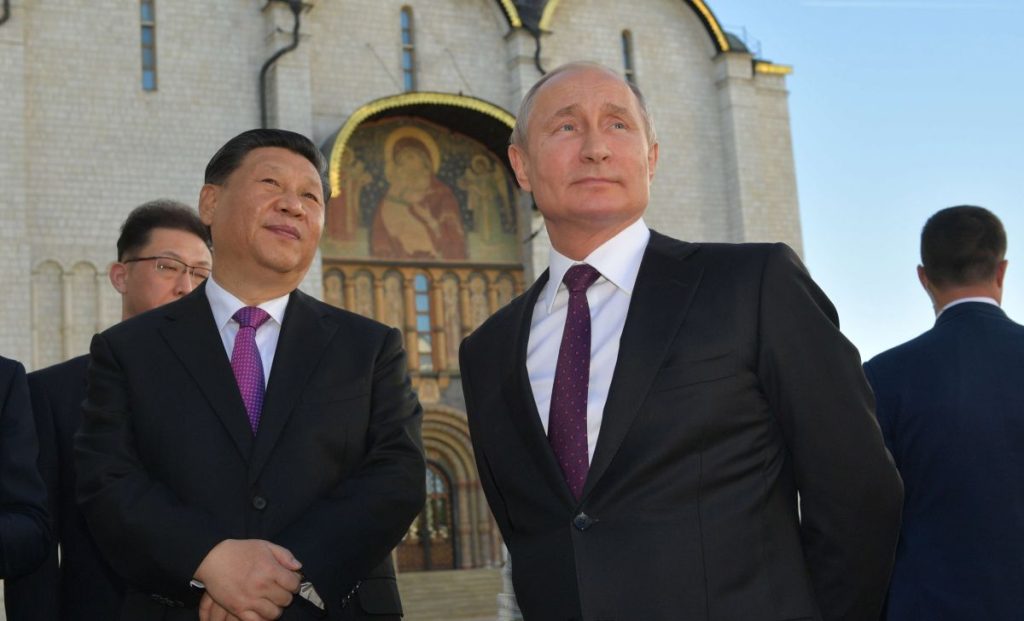China and North Korea are gradually tightening their grip on Russia.
Others are reading now
Ukrainian intelligence warns that Beijing and Pyongyang are expanding their control over Russia’s eastern regions.
Russia “paying” for war with its own territory

China and North Korea are tightening their hold on Russia’s Far East, effectively turning parts of the region into zones of foreign economic and labor control, according to a new assessment released by Ukraine’s Foreign Intelligence Service (HUR) on October 16.
The report claims Moscow is increasingly “paying” its wartime allies not in money, but in access to Russian territory and resources, as it struggles to sustain the war against Ukraine.
China’s quiet expansion
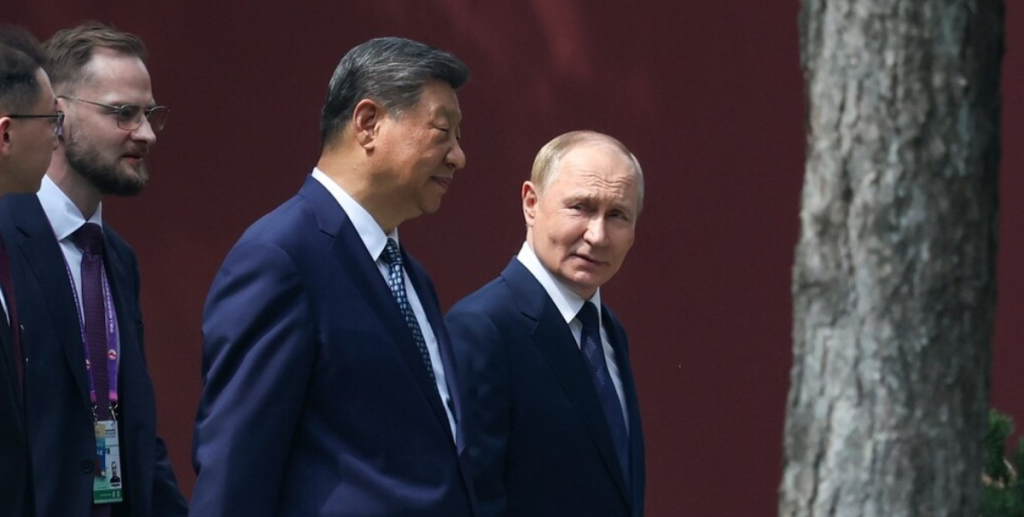
Chinese economic influence in Russia’s Far East has grown sharply, with total investments projected to reach 1 trillion rubles ($12.6 billion) by 2025, the intelligence agency said.
Most of these projects center on resource extraction and trade, rather than large-scale infrastructure.
Also read
Russian lawmaker Senator Viktor Kalashnikov, representing the Khabarovsk Territory, confirmed that Russo-Chinese trade rose by 5.5 million tons in 2024 and surged another 36 percent in the first half of 2025.
A “creeping demographic expansion”
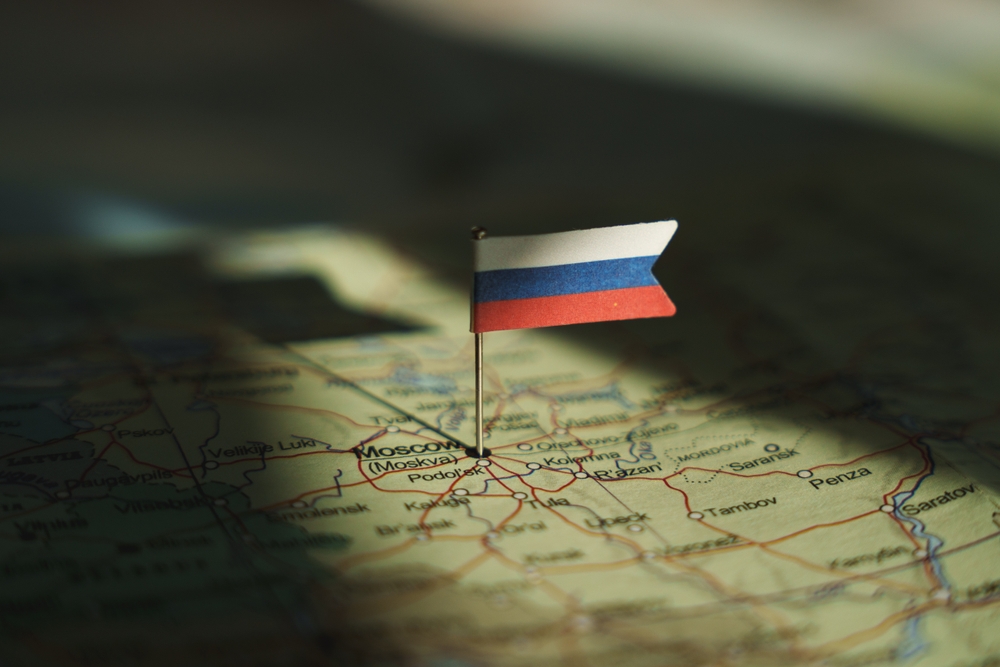
According to Ukrainian intelligence, Beijing is pursuing what it calls a “creeping demographic expansion” across Russia’s Far East.
Between Vladivostok and the Ural Mountains, as many as two million Chinese nationals now live and work, often under visa-free arrangements and within special economic zones.
Chinese enclaves

Some local enclaves, the report said, have reached the point where “Russians hardly work at all, and Chinese businesses dominate the economy.”
Moscow’s labor supplier
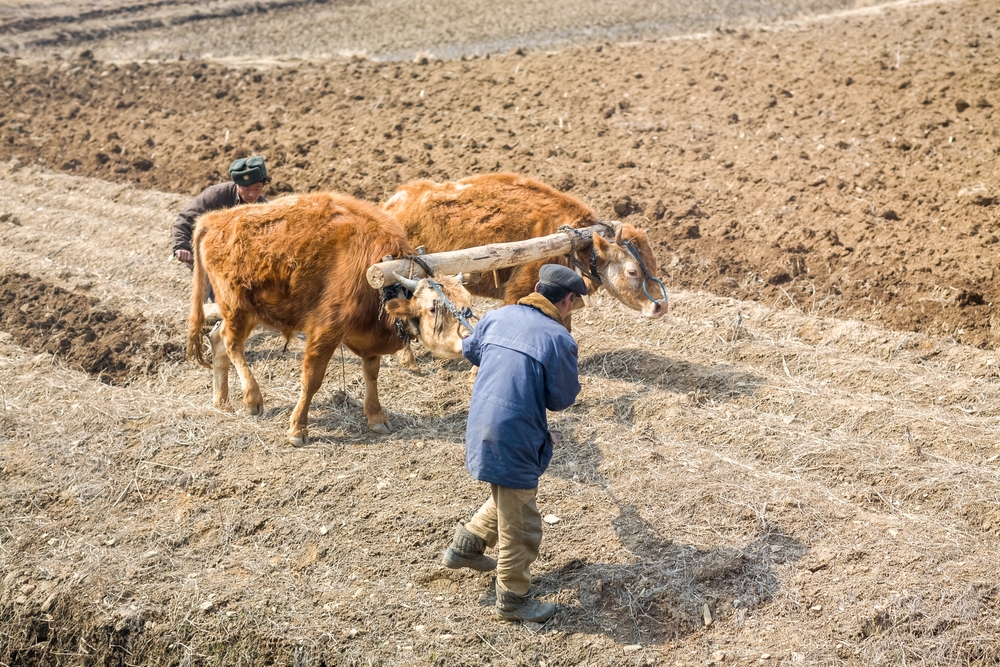
While China builds economic dominance, North Korea has become a key labor partner for Russia’s struggling industries.
Also read
Over the past year, 15,000 North Korean workers have officially arrived in Russia’s Far East, but unofficial estimates suggest the true number may exceed 50,000.
$500 million for labor support
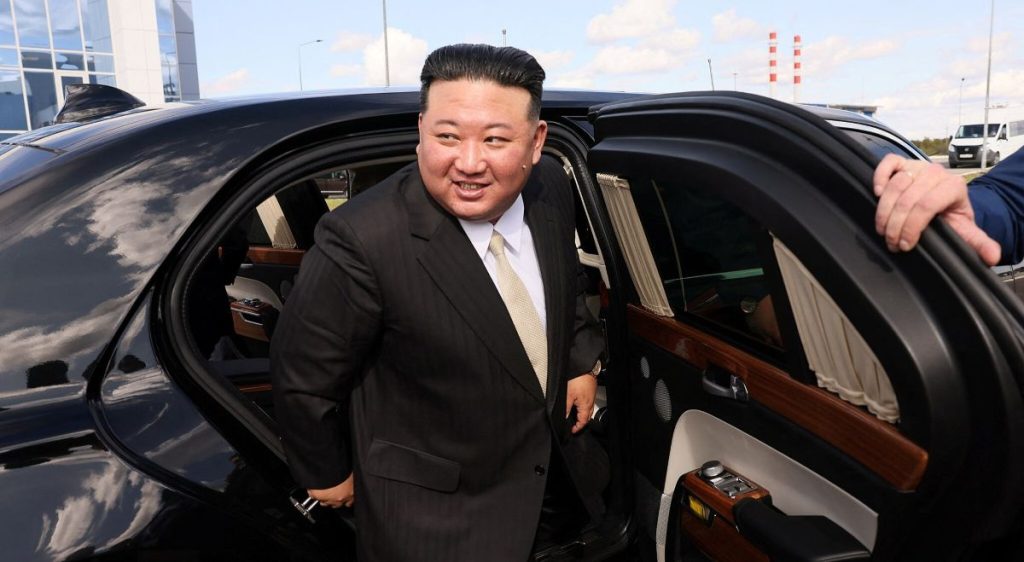
Russian companies have already requested 153,000 additional labor contracts, with Pyongyang earning up to $500 million annually from the arrangement, Ukrainian intelligence said.
Most of that income reportedly goes directly to the North Korean government, while workers receive minimal pay and live under strict surveillance.
Two nuclear allies, one vulnerable Russia
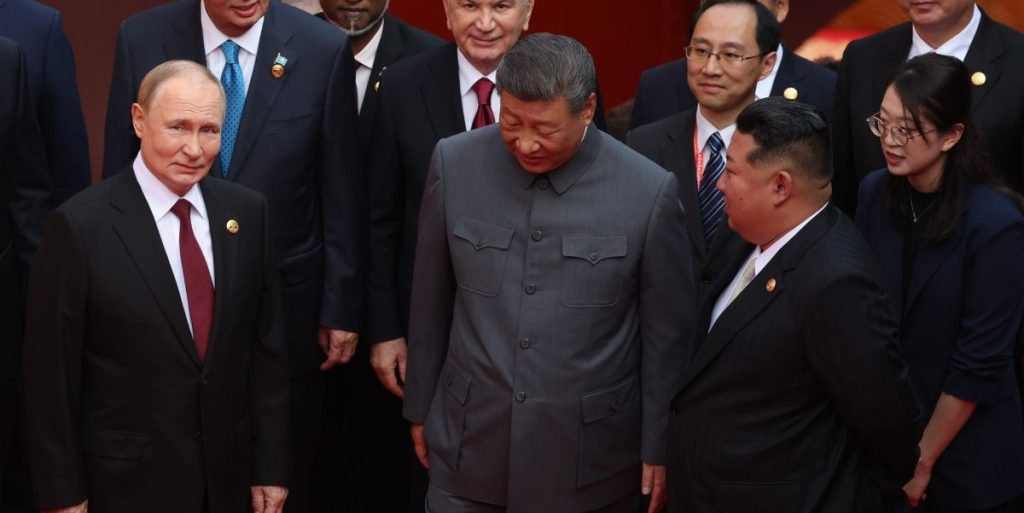
The report warns that both Beijing and Pyongyang are now strengthening their footholds within Russian territory, each pursuing separate goals but converging on Moscow’s growing dependence.
“China is creating economic dependency, while North Korea builds leverage through labor supply,” the Ukrainian agency stated.
Also read
“Solving domestic problems at Russia’s expense”
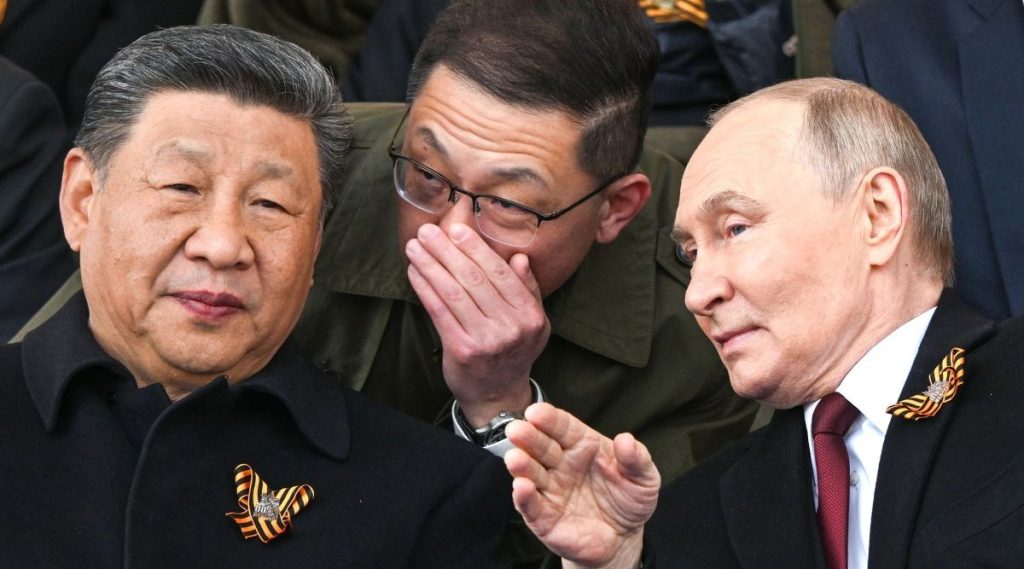
“Both are solving domestic problems at Russia’s expense.”
If this trend continues, analysts warn, competition between China and North Korea could eventually emerge—especially as their influence overlaps in resource-rich border areas.
Moscow risks losing control of 40% of its territory
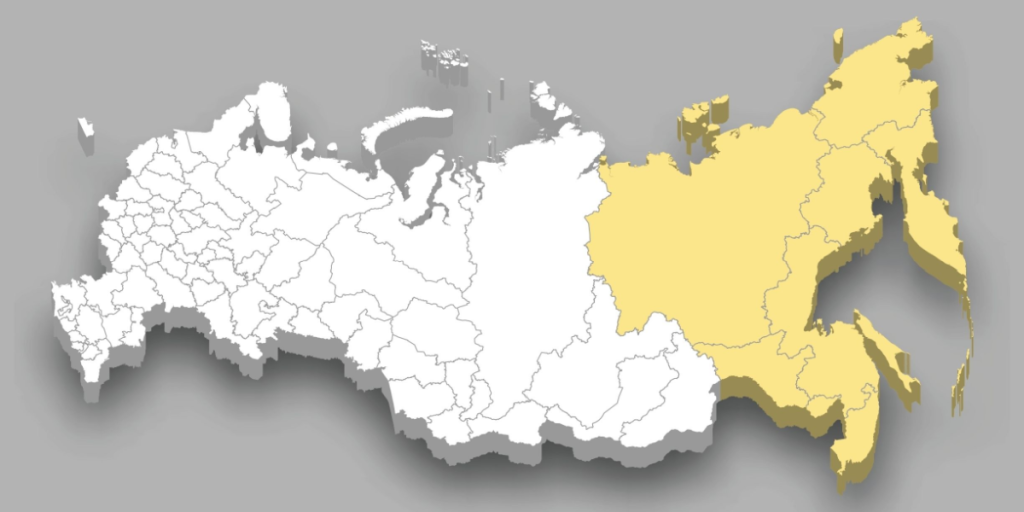
According to the assessment, the Far Eastern Federal District—covering 7 million square kilometers and home to 7.9 million people—is at risk of becoming a de facto foreign-controlled zone.
“Russia is increasingly ‘paying’ its allies in the war against Ukraine with its own territories,” the report said. “Lacking the capacity to develop its largest region, Moscow is opening the door to external expansion.”
NATO: China remains the key to Russia’s war machine
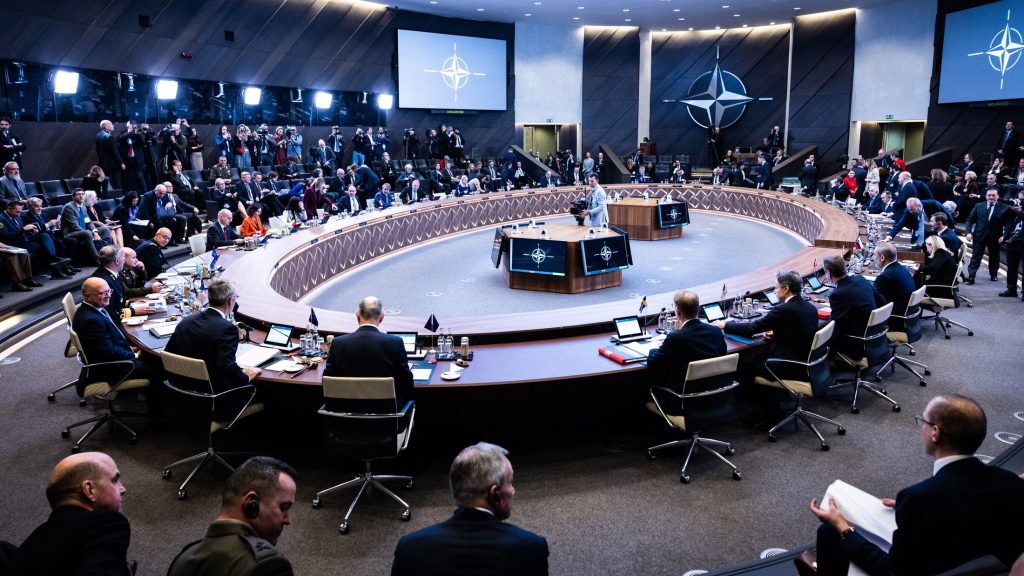
The warnings echo statements from NATO officials, who say China has become essential to sustaining Russia’s defense industry.
Also read
A senior NATO representative told reporters that about 80% of the electronic components used in Russian drones, missiles, and armored systems now come from Chinese manufacturers.
$20 billion in wartime support
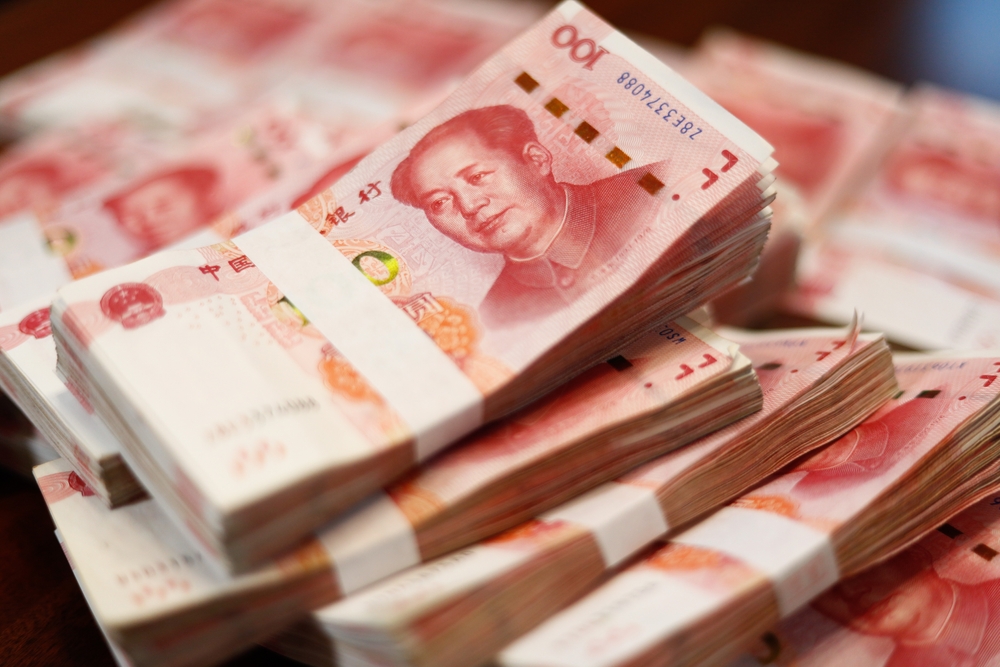
Since 2023, Beijing has reportedly provided more than $20 billion worth of machine tools, parts, and consumables, significantly expanding Moscow’s ability to produce weapons and military vehicles despite Western sanctions.

